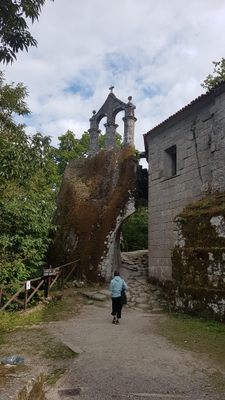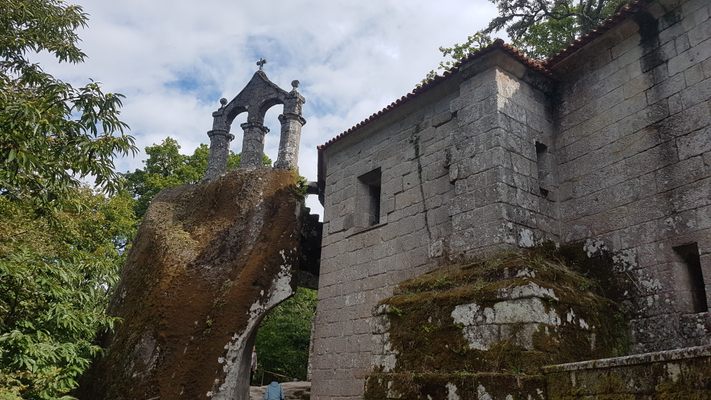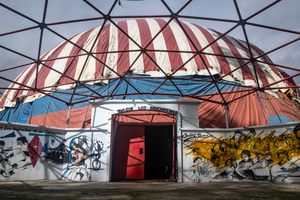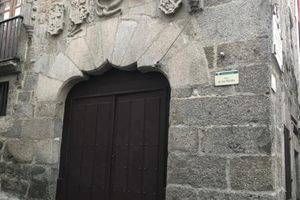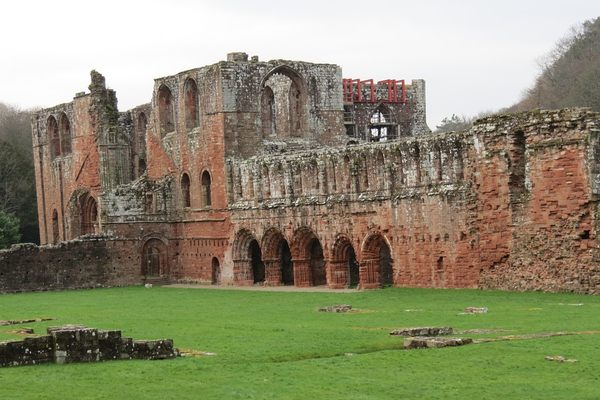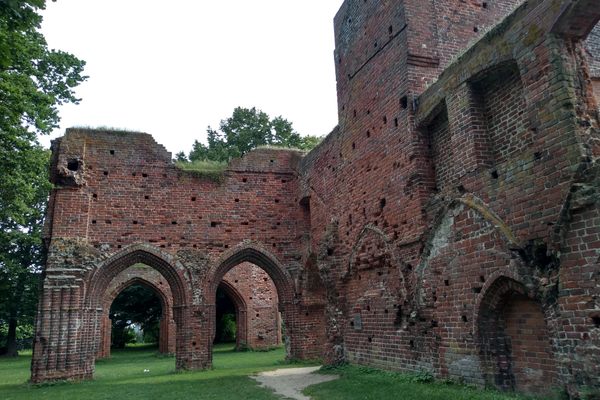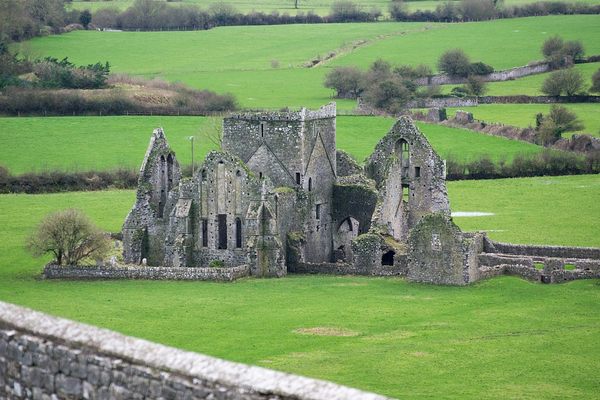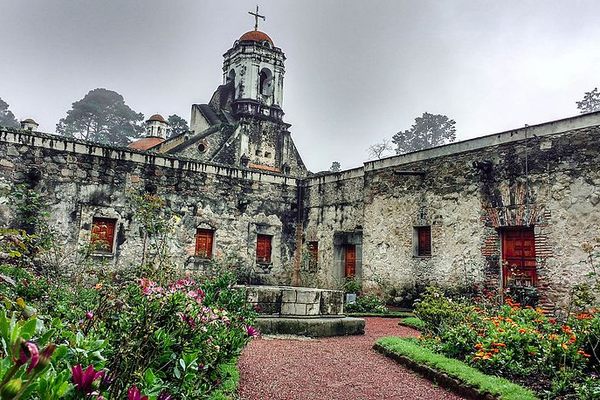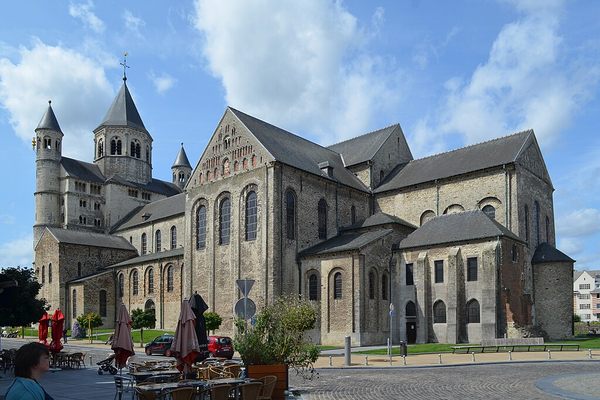About
San Pedro de Rocas is a fascinating and historic monastery in Galicia, Spain with a rich history that spans more than a millennium. The structure is a stunning example of ancient monastic architecture and dates back to the 6th century. Situated in a remote forested valley near the town of Esgos, the monastery's founding is shrouded in mystery. According to an inscription on a stone recording the monastery's founding, a group of religious men founded the monastery in 573. The monastery has also been linked to a Spanish knight named Gemodus, who, in the 9th century, is said to have revived the religious center.
Since the 6th century, the monastery has undergone many changes and additions, becoming a vital center of religious and cultural life in the region for many centuries. The monastery is famous for its rock-cut architecture and intricate carvings, which are considered some of the finest examples of Romanesque art in Galicia.
One of the most intriguing features of San Pedro de Rocas is the tiny, rock-cut burial niches carved into the walls. Another highlight is a faded fresco of a world map featuring the apostles. Located in the church, the map depicts the known world in the late 13th century. The fresco has been dated between 1175 and 1200. A unique example of medieval art, the map is said to share similar cosmological views with the maps seen in contemporary medieval manuscripts. The fresco is a remarkable work of art and a testament to the importance of San Pedro de Rocas in medieval Europe.
Visitors can explore the site, which includes a church, cloister, and living quarters, as well as a nearby museum that showcases the history and culture of the region. San Pedro de Rocas is a must-visit destination for anyone interested in architecture, history, or religious art.
Related Tags
Community Contributors
Added By
Published
June 9, 2023

